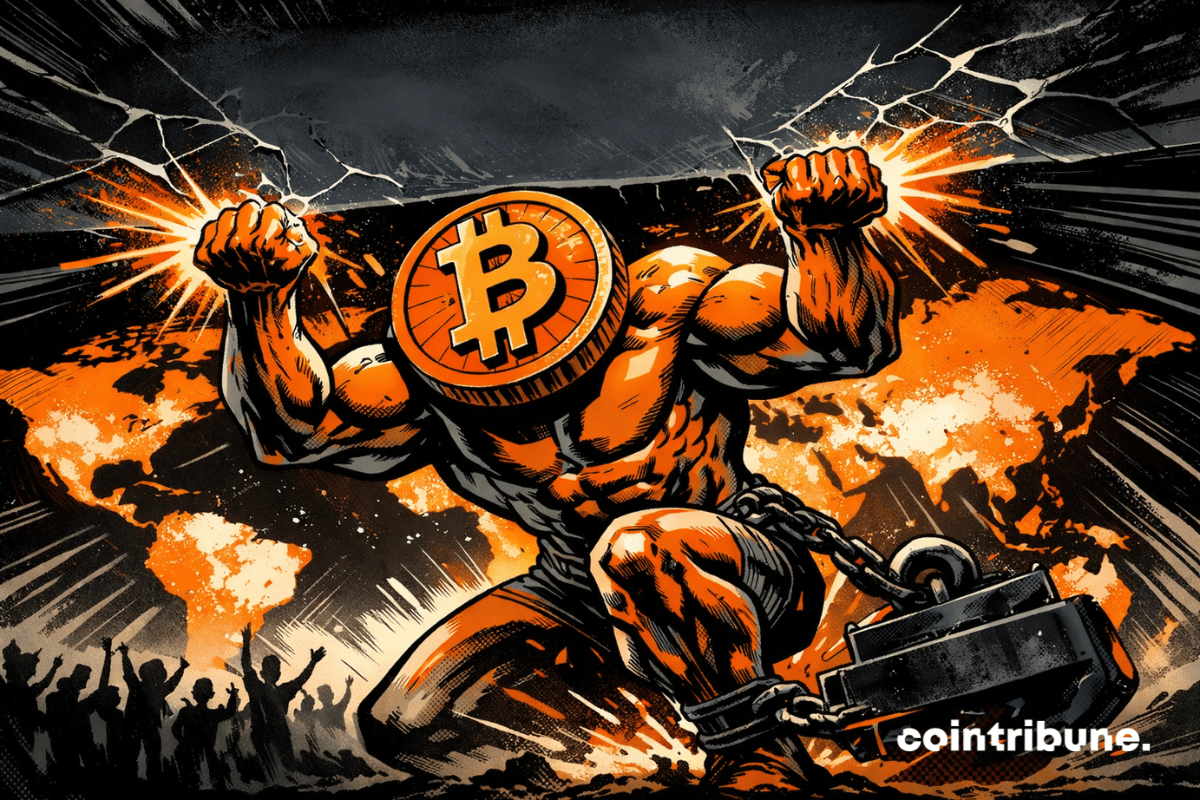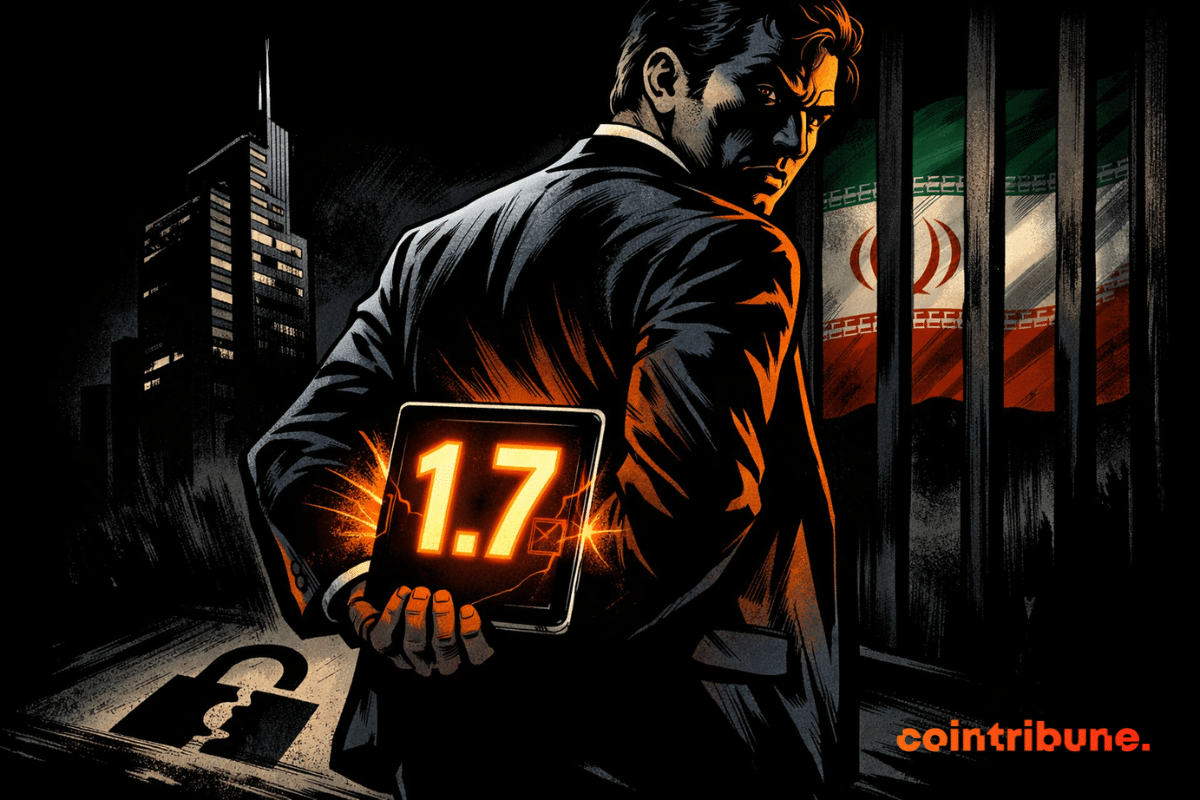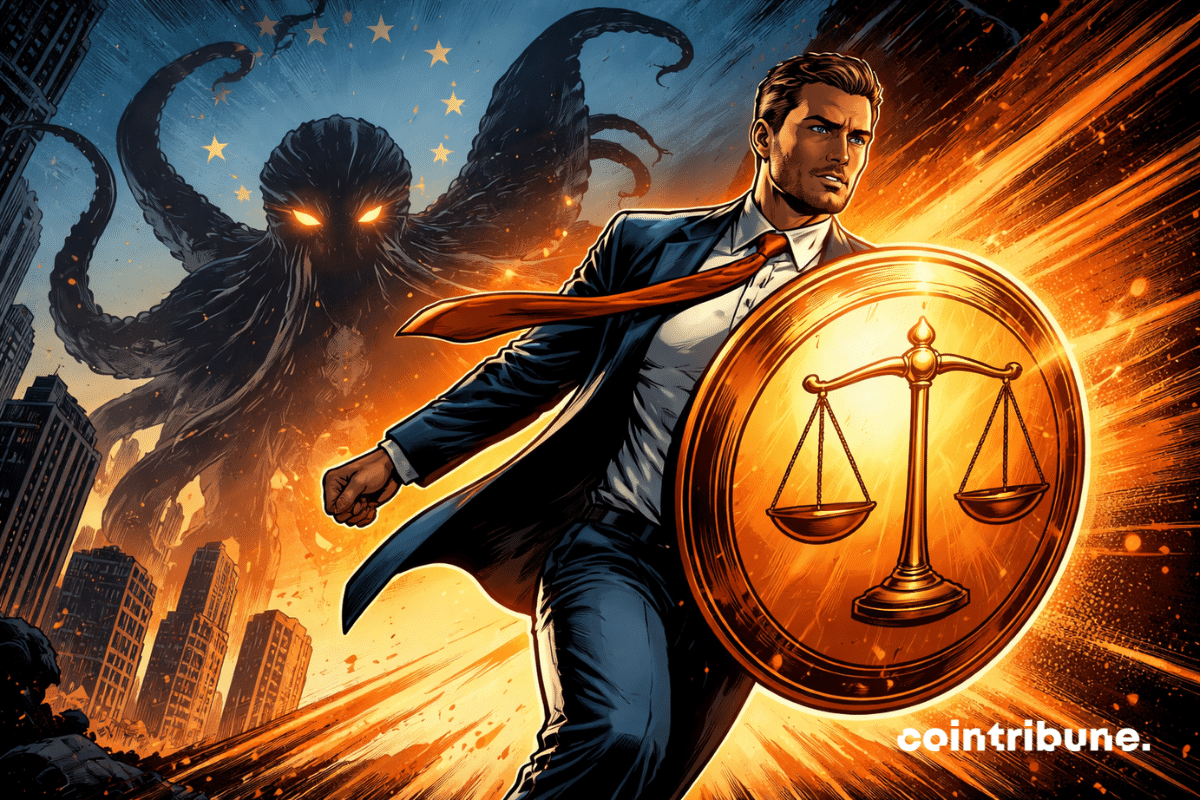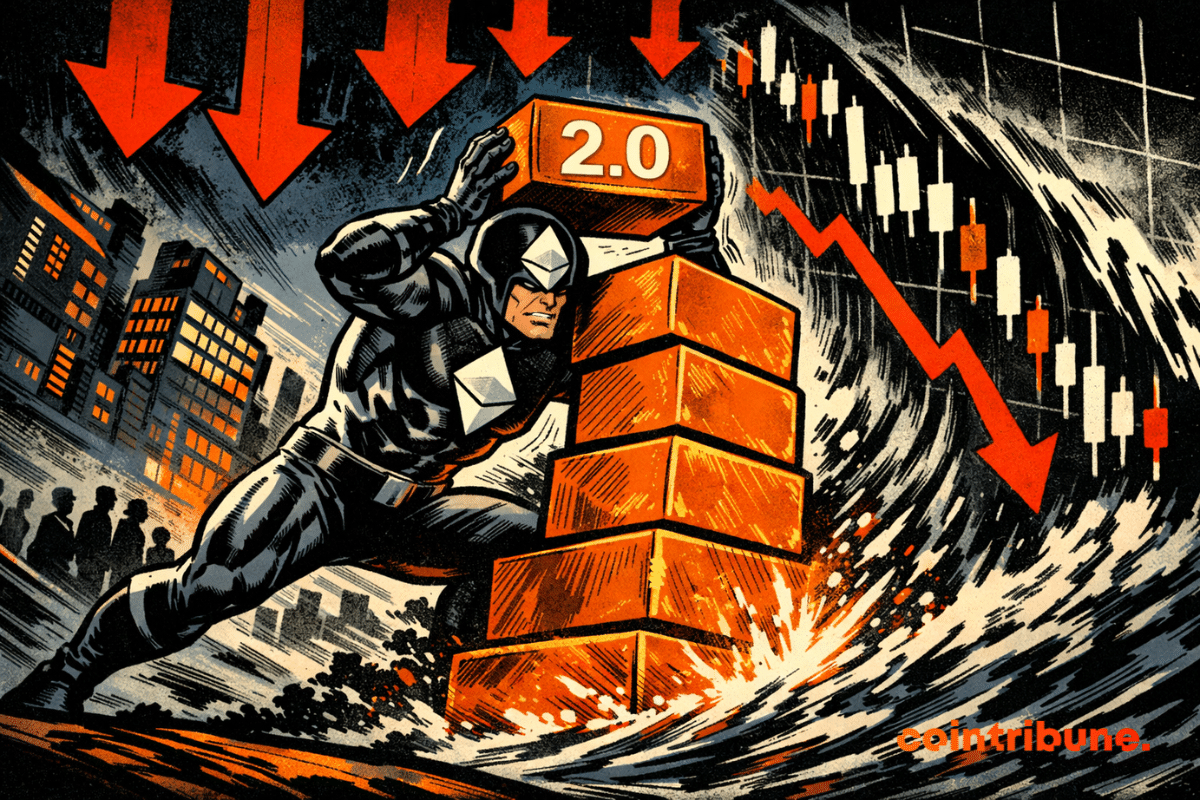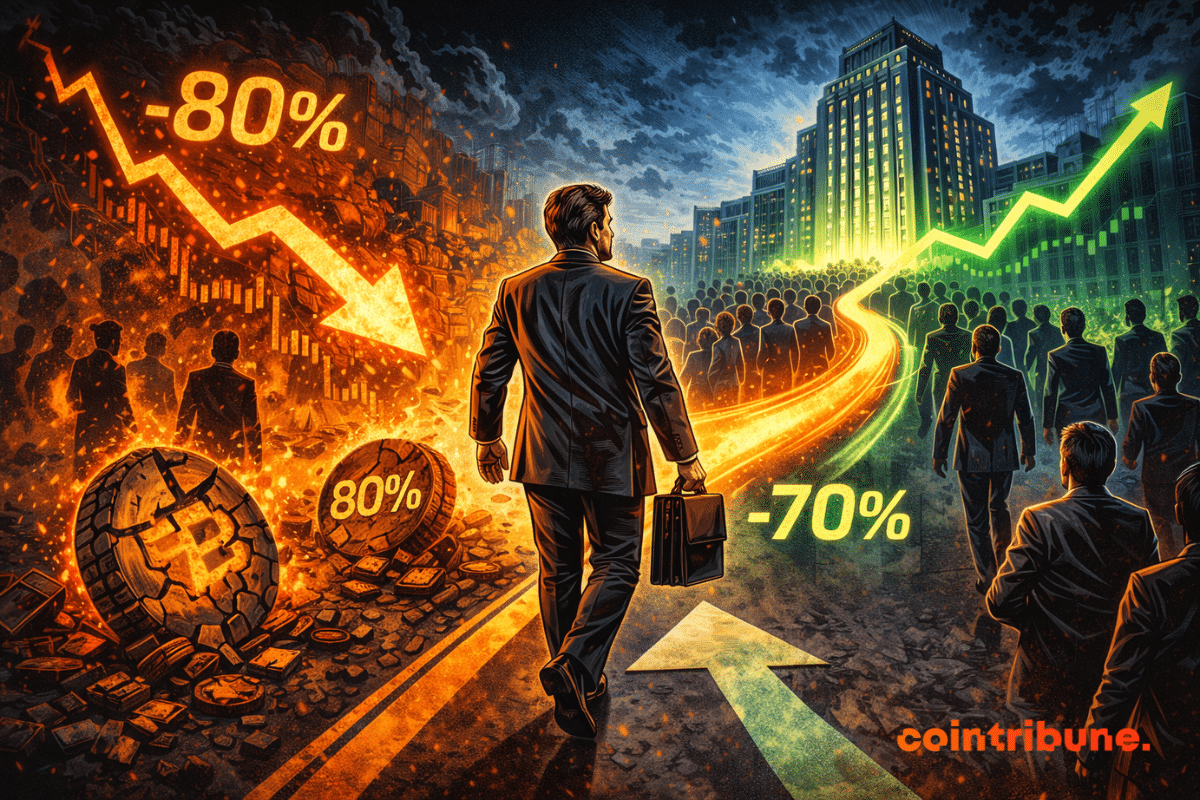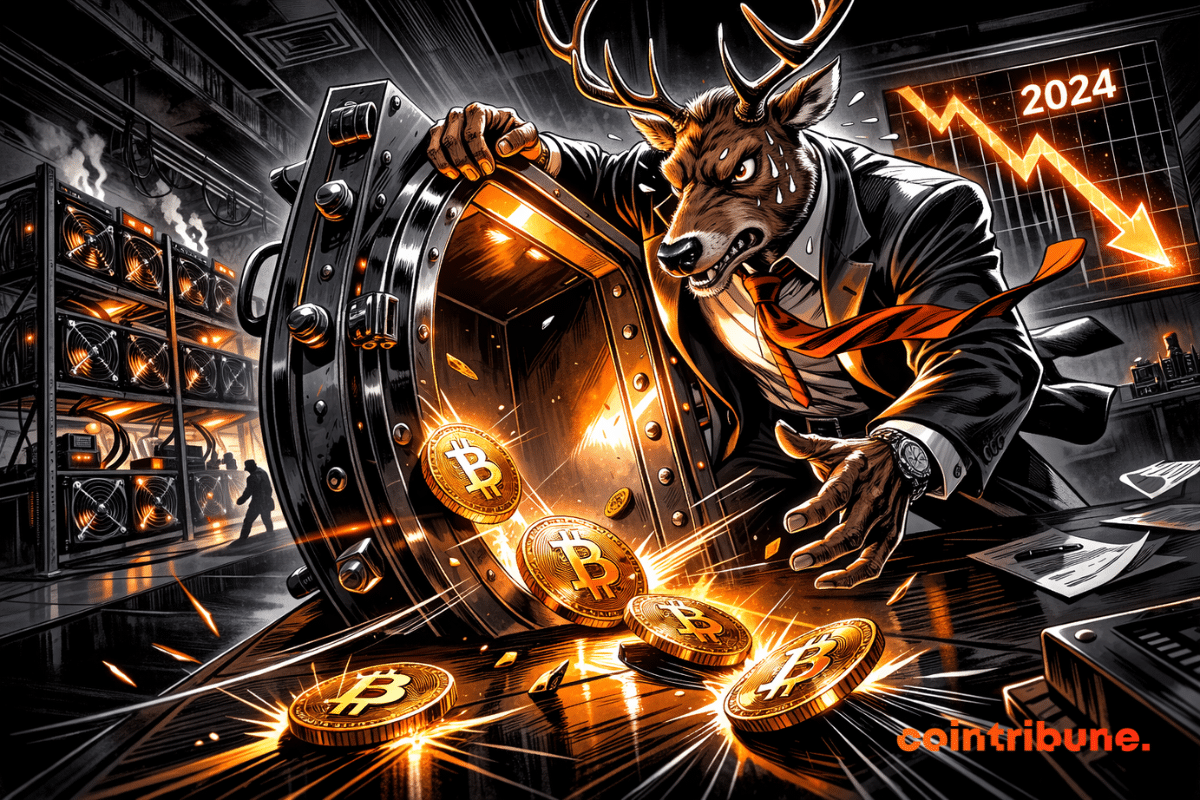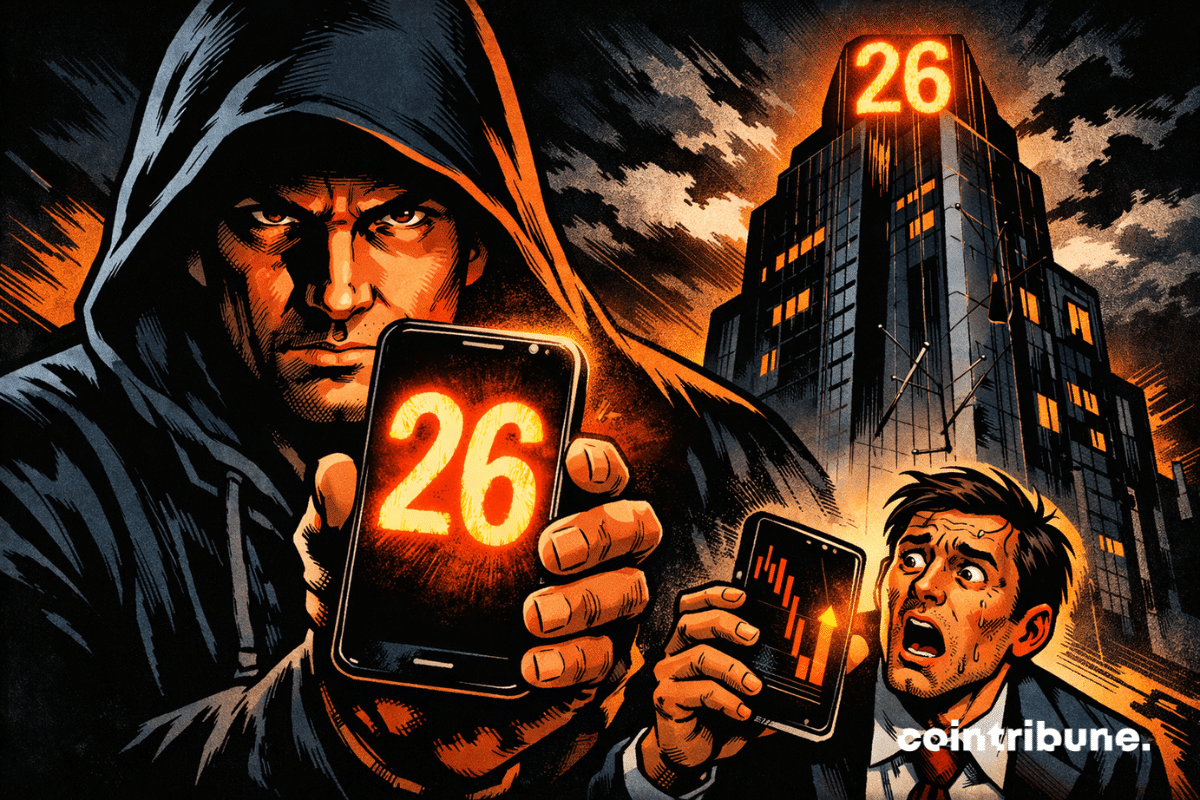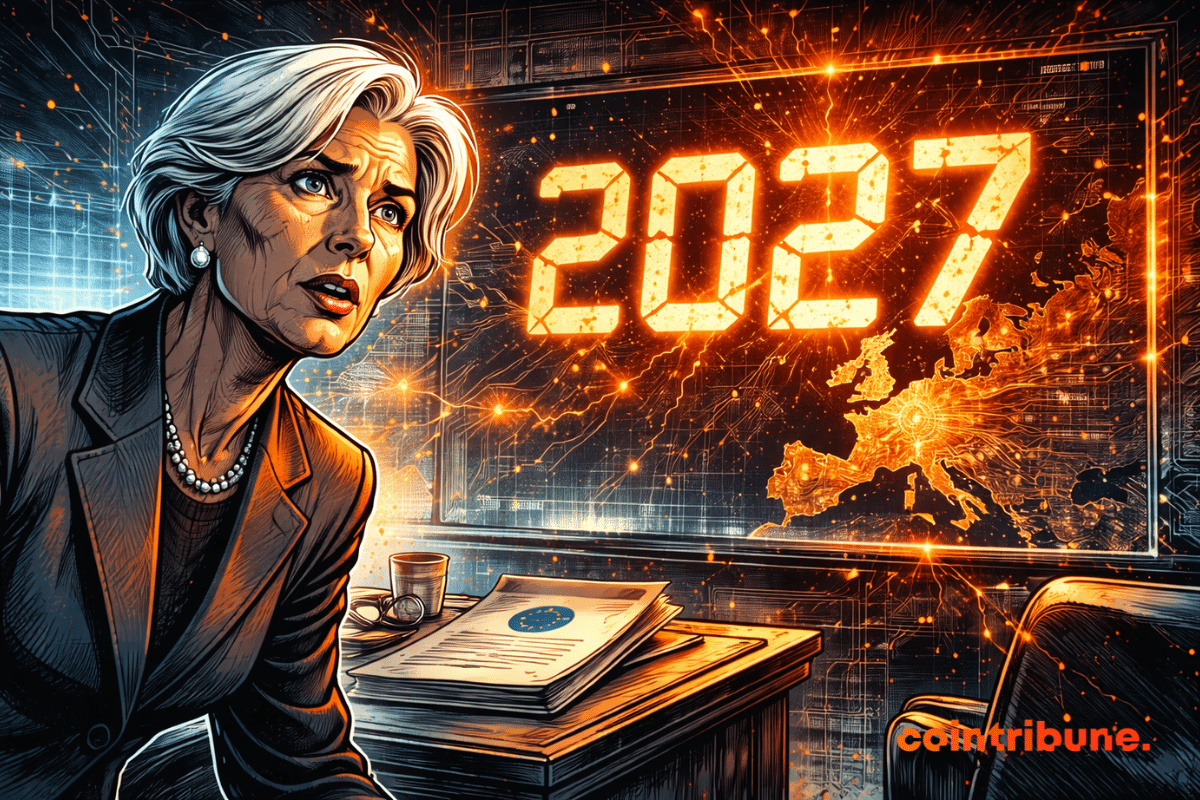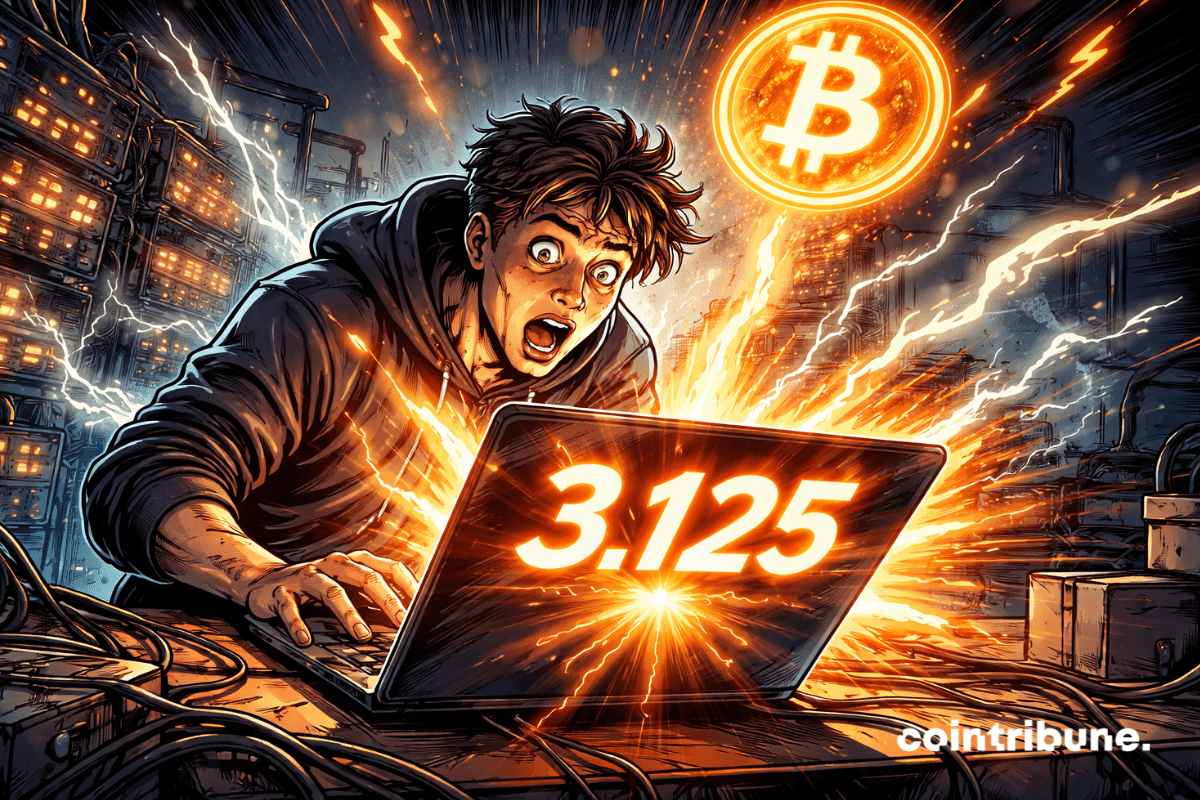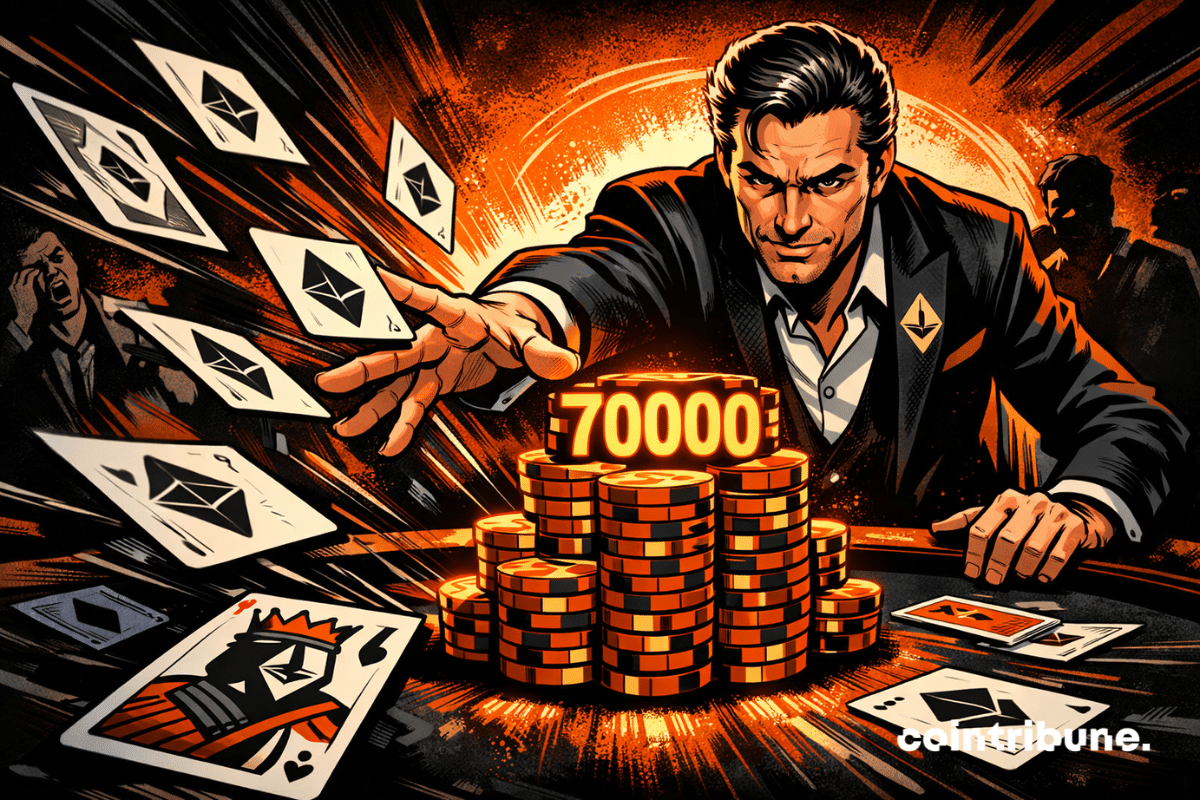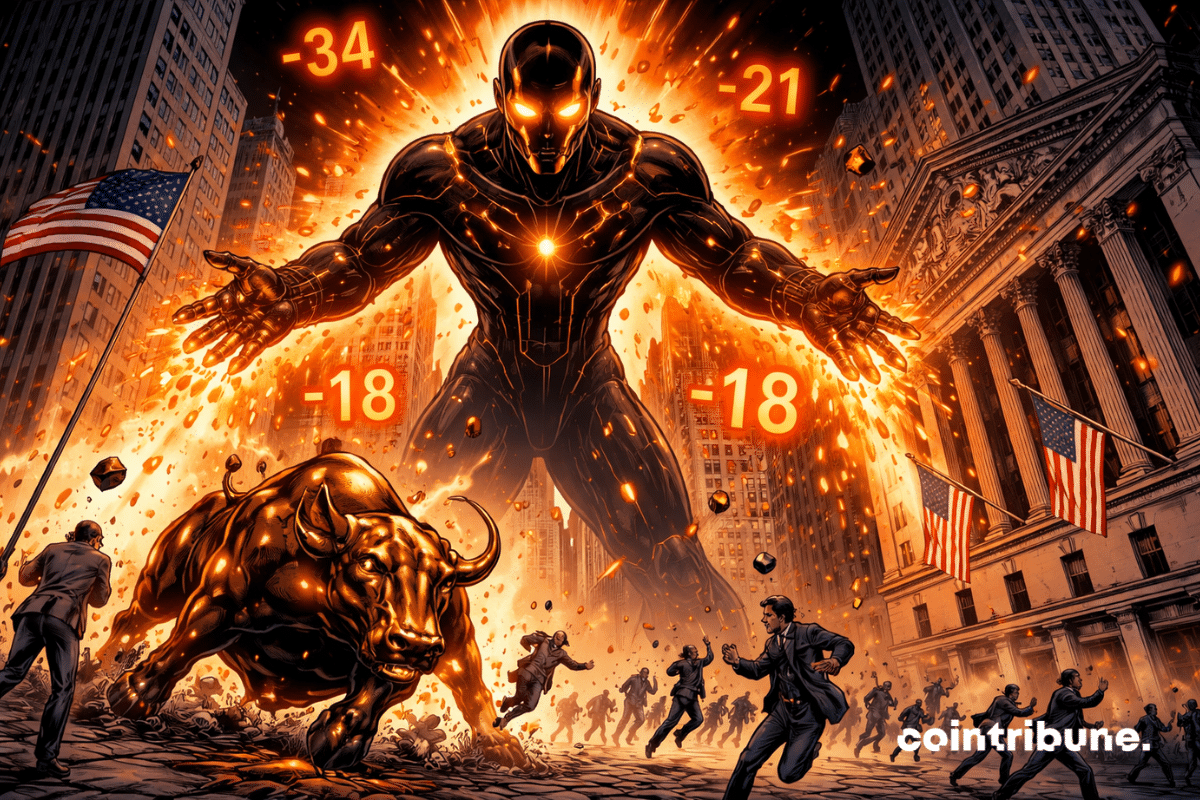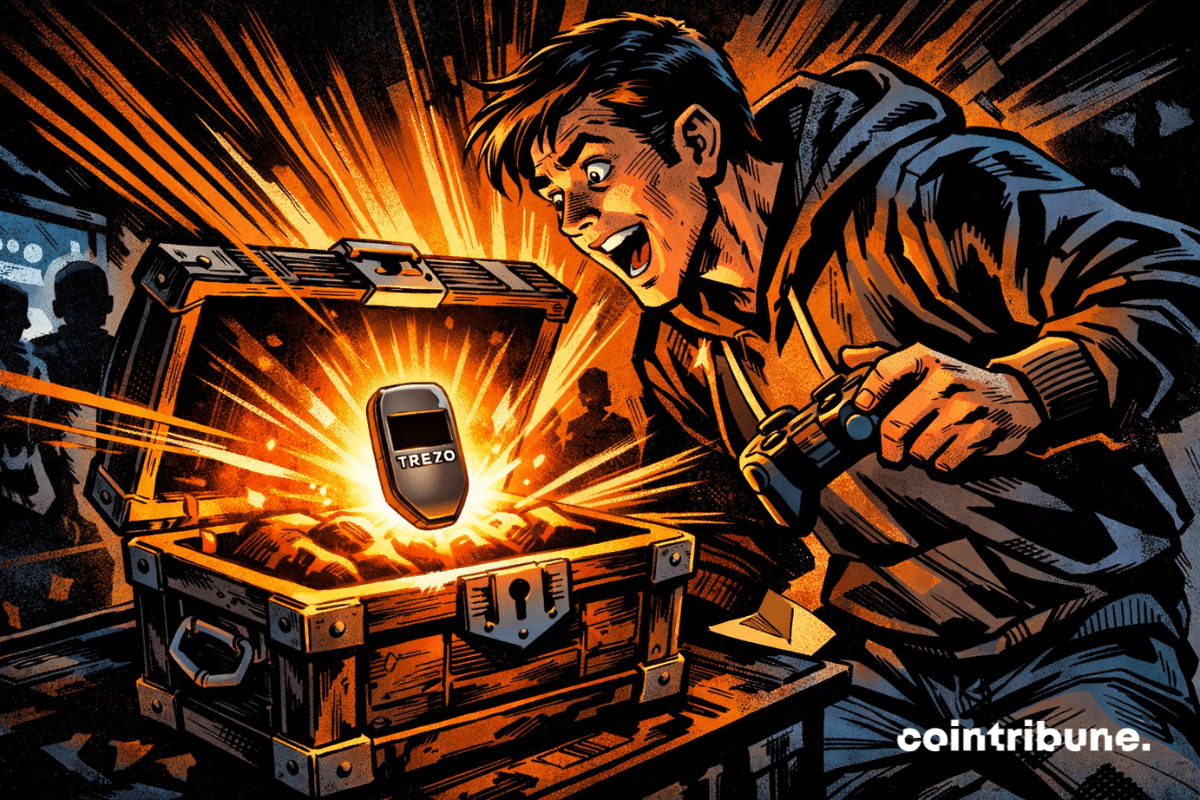Bitcoin shows bold strength in adoption. Institutions, banks, states, merchants, everyone is getting into BTC. Yet, its price remains 50% below its all-time high. A troubling dichotomy that raises an essential question: is the market underestimating what is really happening?
News
Crypto News
Bitcoin wavers at a pivotal moment. As Wall Street opens lower and gold falls, the leading crypto dangerously slides towards $60,000, under the combined pressure of traditional markets and a major technical signal. The loss of a long-term support revives bearish scenarios, with some traders already mentioning a return to $45,000. Between chart fragility and macroeconomic nervousness, BTC enters a turbulent zone that could redefine the trajectory for the coming weeks.
Behind the apparent price stability, several key on-chain signals attract analysts' attention and suggest a possible turning point in market dynamics. These indicators, based on actual capital flows and holder behavior, provide clear insight into the balance between bitcoin supply and demand. Is an adjustment phase underway before a return of buyers?
Exchange News
Finance News
The Ethereum Foundation has stepped up its involvement in decentralized finance, committing new resources to its DeFipunk initiative even as ETH trades under pressure. The move comes at a time when Ethereum’s price structure remains weak, with sellers in control across several timeframes. While market sentiment leans bearish, the foundation appears focused on shaping the long-term direction of DeFi within its ecosystem.
Tokens 2025 end up in the scrapyard: -71% median. Meanwhile, Coinbase and Circle stocks are flying off the shelves. Institutions change their business. Logical.
Bitdeer Technologies has fully liquidated its corporate bitcoin holdings, reporting zero BTC on its balance sheet as of Feb. 20. A weekly production update posted on X confirmed the move. The decision marks a sharp break from common industry practice, where most listed miners continue to accumulate or hold reserves. It also comes at a time of tightening mining margins and the company's recent capital raises.
People News
Tech News
A solo miner used rented on-demand hashrate to mine a rare Bitcoin block, earning 3.125 BTC worth around $200,000.
The Ethereum Foundation stakes 70,000 ETH and becomes a validator. A strategic turning point that could change the balance of the Ethereum market.
Is artificial intelligence devouring the tech industry from the inside? The discreet launch of a tool by Anthropic was enough to cause billions of dollars in stock market losses. And this may just be the beginning.
